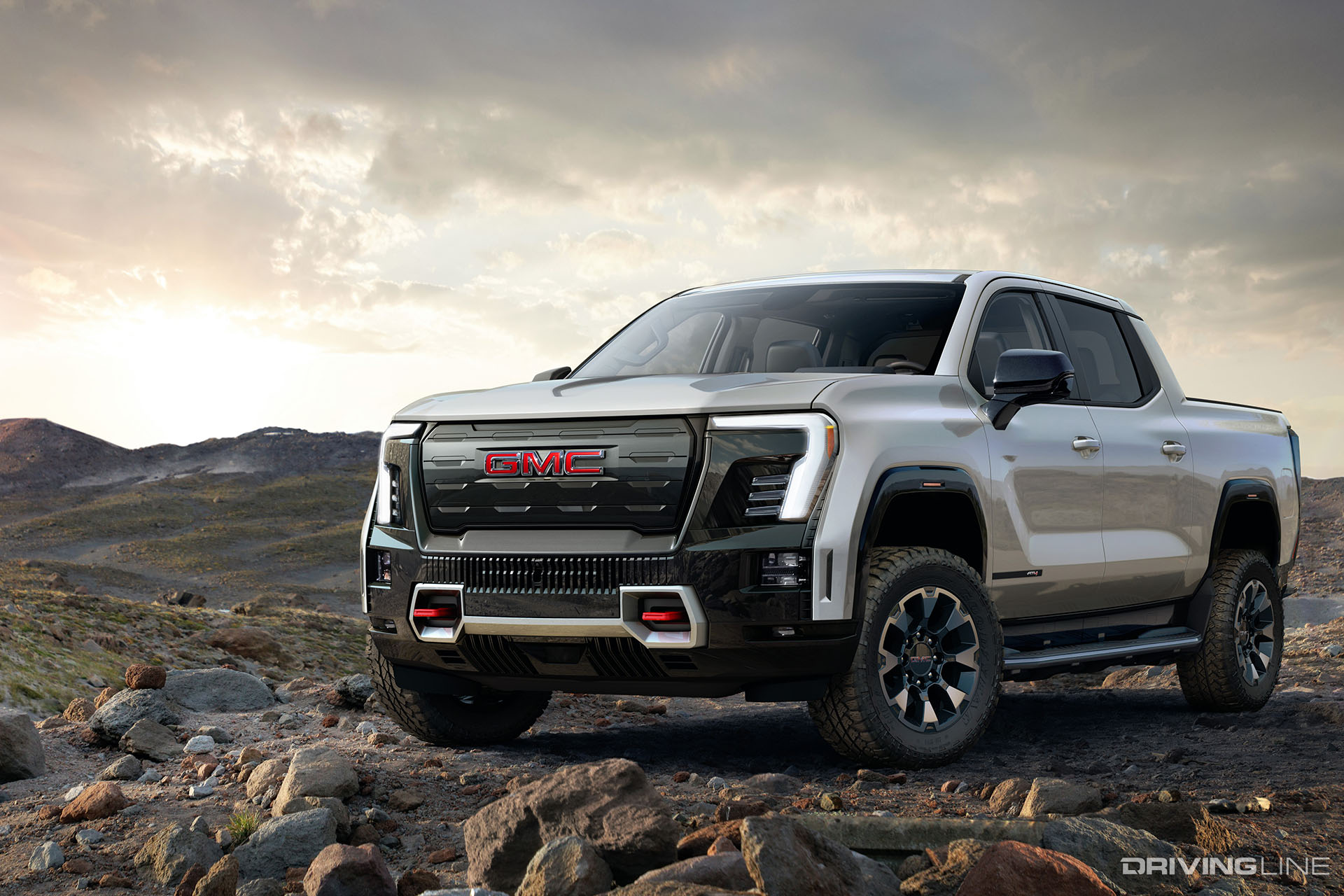One-Way Truck Rental Showdown: Comparing Options for Your Stress-Free Move
Introduction:
Truck Rental One Way Move Comparison
Planning a move can be overwhelming. The logistics of packing, loading, and transporting your belongings often feel like a monumental task. But when you're moving long distance, the headache is compounded. Opting for a one-way truck rental can be a lifesaver, eliminating the need to return the truck to your starting location and saving you time, money, and unnecessary stress. However, choosing the right one-way truck rental company is crucial for a smooth and cost-effective move. This article dives deep into comparing the leading options, helping you make an informed decision and avoid common pitfalls.
We'll explore pricing structures, truck sizes, insurance options, customer service reputations, and hidden fees to watch out for. By the end, you'll be equipped with the knowledge to confidently select the best one-way truck rental for your specific needs and budget.
Why Choose a One-Way Truck Rental?
Before we delve into comparisons, let's quickly recap the benefits of choosing a one-way truck rental.
- Convenience: The most obvious advantage is the ability to drop off the truck at your destination, eliminating the need to backtrack.
- Cost Savings: While the initial rental cost might seem higher than a round-trip, consider the savings on fuel, mileage, and potentially overnight accommodation if the return trip is long.
- Time Efficiency: One-way rentals free up valuable time, allowing you to focus on settling into your new home and exploring your new surroundings.
- Flexibility: One-way rentals provide greater flexibility in planning your move.
Key Players in the One-Way Truck Rental Market:
Several major companies dominate the one-way truck rental landscape. Each has strengths and weaknesses, so it's important to carefully evaluate your options. The main contenders include:
- U-Haul
- Penske
- Budget Truck Rental

Comparing the Giants: U-Haul vs. Penske vs. Budget

Let's break down a detailed comparison across several critical factors:
1. Pricing and Fees:
- U-Haul: U-Haul's pricing can be complex. They often advertise low base rates, but these can quickly escalate with added mileage fees, insurance, and other charges. Their pricing structure is more variable and highly dependent on demand and location. Pro tips from us: Book well in advance, especially during peak moving seasons (summer and end-of-month).
- Penske: Penske typically offers more transparent pricing with all-inclusive rates that cover mileage and insurance. Their rates might be higher upfront, but the predictability can be advantageous for budgeting. They also frequently offer discounts for AAA members, military personnel, and students.
- Budget Truck Rental: Budget often falls somewhere in between U-Haul and Penske in terms of pricing. They provide competitive base rates but may have mileage fees depending on the distance of your move. Keep an eye out for online coupons and promotional offers.
2. Truck Sizes and Availability:
- U-Haul: U-Haul offers a wide range of truck sizes, from pickup trucks and cargo vans to large 26-foot trucks. Their extensive network of locations provides excellent availability, making them a convenient option in many areas.
- Penske: Penske primarily focuses on larger trucks suitable for bigger moves. They have fewer smaller options like cargo vans. Their trucks are generally newer and better maintained than U-Haul's fleet.
- Budget Truck Rental: Budget provides a good selection of truck sizes, similar to U-Haul, catering to various moving needs. Their availability is generally good, though it can vary by location.
3. Insurance Options:
- U-Haul: U-Haul offers a variety of insurance options, including damage waivers, cargo protection, and supplemental liability insurance. Carefully review the coverage details and limitations of each option. Common mistakes to avoid are assuming that the basic coverage is sufficient.
- Penske: Penske typically includes basic liability insurance in their rental rates. They also offer additional coverage options for damage and cargo protection. Their insurance policies are generally considered more comprehensive than U-Haul's.
- Budget Truck Rental: Budget offers similar insurance options to U-Haul, including liability coverage, damage waivers, and cargo protection. Compare the costs and coverage limits before making a decision.
4. Customer Service and Reputation:
- U-Haul: U-Haul's customer service reputation is often mixed. While they have a large network of locations, experiences can vary widely depending on the specific location and representative. Online reviews frequently mention issues with truck availability and unexpected charges.
- Penske: Penske generally receives higher ratings for customer service. Their representatives are often praised for being knowledgeable and helpful. They focus on providing a more premium experience.
- Budget Truck Rental: Budget's customer service falls somewhere in between U-Haul and Penske. Reviews are generally positive, but some customers have reported issues with truck maintenance and communication.
5. Hidden Fees and Potential Pitfalls:
- Mileage Fees: Always clarify the mileage policy. U-Haul and Budget often charge per-mile fees, which can significantly increase the total cost of your rental. Penske usually includes unlimited mileage for one-way rentals.
- Fuel Charges: Return the truck with the same fuel level as when you picked it up to avoid hefty fuel charges.
- Late Return Fees: Be sure to return the truck on time to avoid late fees, which can be substantial.
- Cleaning Fees: Clean the truck before returning it to avoid cleaning fees.
- Unexpected Charges: Carefully review the rental agreement before signing to ensure you understand all the fees and charges.
Factors to Consider When Choosing a One-Way Truck Rental:
Beyond the specific company comparisons, several other factors should influence your decision:
- Distance of Your Move: For shorter moves, the mileage fees of U-Haul or Budget might be manageable. For longer moves, Penske's unlimited mileage could be more cost-effective.
- Size of Your Move: Choose a truck size that adequately accommodates your belongings without being excessively large. An oversized truck will waste fuel and can be more difficult to maneuver.
- Budget: Set a realistic budget for your move and compare quotes from multiple companies to find the best deal.
- Insurance Needs: Evaluate your insurance needs and choose a policy that provides adequate coverage for your belongings and potential liabilities.
- Time of Year: Moving during peak season (summer and end-of-month) can result in higher prices and limited availability. Book your truck well in advance to secure the best rates.
- Driving Comfort: Penske trucks are generally newer and better maintained, offering a more comfortable driving experience, especially for long distances.
- Drop-Off Location Convenience: Check the availability of drop-off locations near your destination. A convenient drop-off location can save you time and hassle.
Tips for a Smooth One-Way Truck Rental Experience:
Based on my experience with several moves, here are some pro tips for a smooth and stress-free one-way truck rental experience:
- Book in Advance: Secure your truck rental well in advance, especially during peak season.
- Get Multiple Quotes: Compare quotes from at least three different companies.
- Read the Fine Print: Carefully review the rental agreement before signing.
- Inspect the Truck: Thoroughly inspect the truck for any existing damage before leaving the rental location. Document any damage with photos or videos.
- Pack Strategically: Pack your belongings securely and efficiently to maximize space and prevent damage during transit.
- Drive Safely: Drive cautiously and defensively, especially when driving a large truck.
- Keep Records: Keep copies of all rental documents and receipts.
- Confirm Drop-Off Details: Confirm the drop-off location and hours of operation before arriving at your destination.
- Refuel and Clean: Refuel the truck to the required level and clean it before returning it.
- Document the Return: Take photos or videos of the truck after returning it to document its condition.
Alternative Options to Consider:
While renting a truck is a common choice, consider these alternatives:
- Moving Container Services: Companies like PODS or U-Pack deliver a container to your home, allowing you to load it at your own pace. They then transport the container to your destination.
- Full-Service Movers: Hiring a full-service moving company can handle all aspects of your move, from packing to transportation. This is the most expensive option but can be worth it for a stress-free experience.
Conclusion:
Choosing the right one-way truck rental company is a critical decision that can significantly impact the success of your move. By carefully comparing the options, considering your specific needs, and following the tips outlined in this article, you can confidently select the best rental for your situation. Remember to prioritize transparency, affordability, and reliability to ensure a smooth and stress-free transition to your new home. Don't hesitate to contact rental companies directly to get specific quotes and ask questions. A little research can save you a lot of money and headache in the long run.
Moving is a major life event, so take your time, do your research, and choose the option that best suits your needs. Happy moving!
External Link: https://www.moving.com/ (A trusted resource for moving information)
Comments
Post a Comment